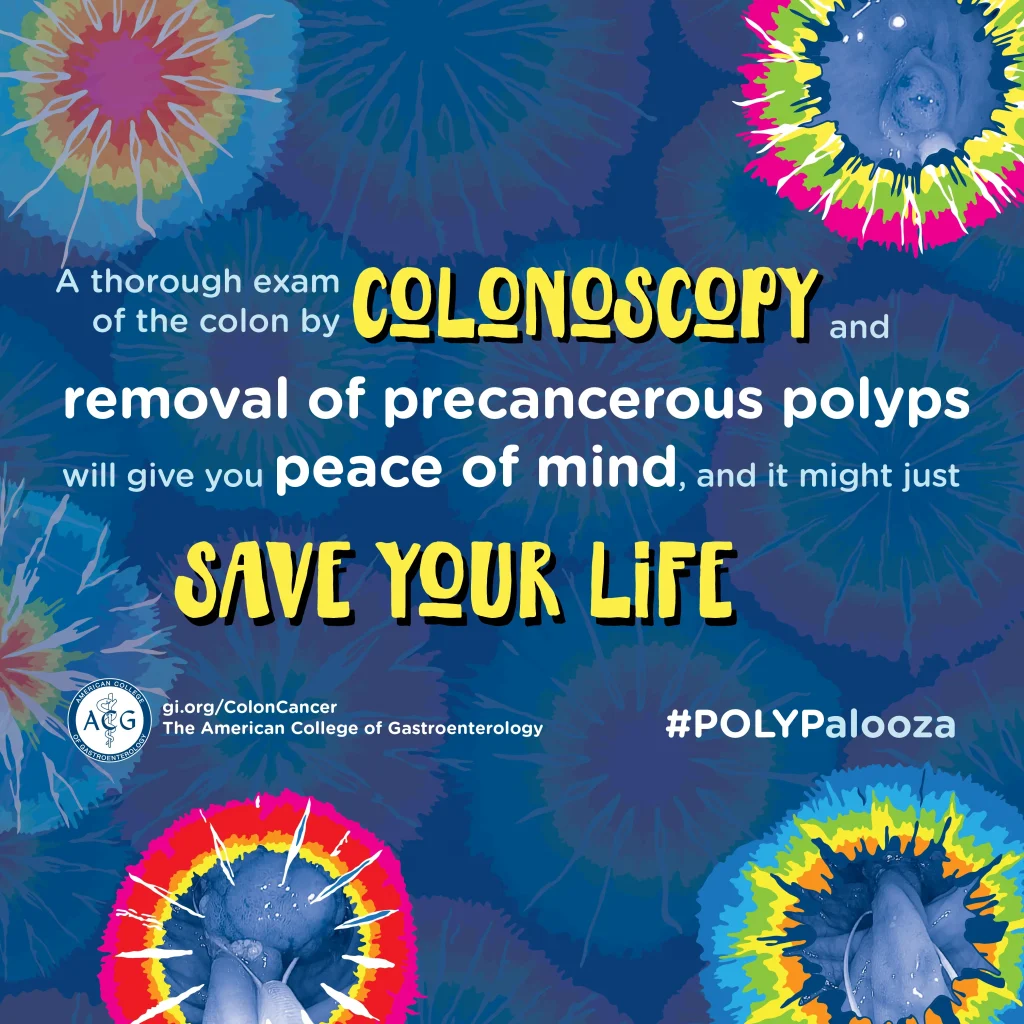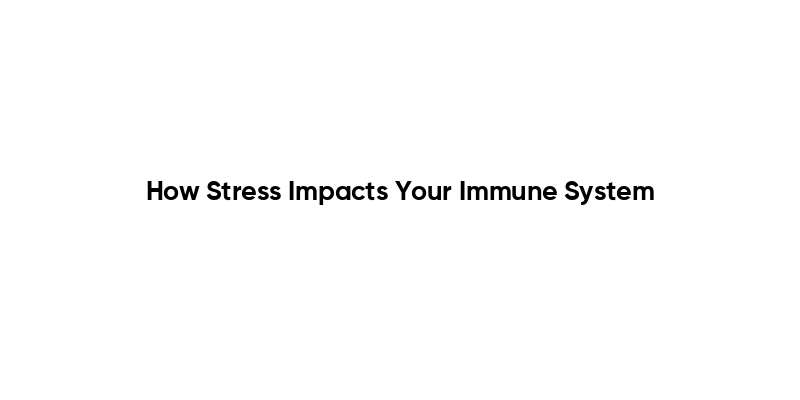Rectal cancer awareness is crucial, especially as we see alarming rates of early-onset colorectal cancer rising among younger populations. Individuals like Marcus Wendling exemplify the importance of remaining vigilant about cancer symptoms, even when leading an active and healthy lifestyle. Wendling’s unexpected diagnosis of stage three rectal cancer, despite his athletic achievements, highlights the vital role of regular screenings and the importance of colonoscopy in detecting abnormalities early. The growing evidence of preventing colon cancer through proactive health measures, such as routine check-ups, is more important than ever. By sharing his story, Wendling encourages everyone to heed even the smallest signs of potential illness, emphasizing that awareness can save lives.
Awareness of rectal cancer is a growing concern in public health discourse, as more individuals are being diagnosed with this disease earlier in life. Terms like colorectal malignancies and early-onset bowel cancer resonate as symptoms become evident, illustrating the critical need for education and preventive measures. Marcus Wendling stands as a powerful example of how active individuals can also face unexpected health challenges, reinforcing the necessity for regular check-ups and colon screenings. The rising rate of young adults facing such diagnoses serves as a reminder of the importance of understanding cancer risks and behaviors that can lead to enhancing overall well-being. By fostering a culture of awareness and proactive health management, we can mitigate the effects of this insidious disease.
Understanding Rectal Cancer Awareness
Rectal cancer awareness is crucial in the fight against this aggressive disease. Many assume that cancer primarily affects the elderly, but as evidenced by Marcus Wendling’s story, rectal cancer can strike at any age. Marcus, a fit 47-year-old father of three, was shocked to learn of his late-stage diagnosis following routine symptoms he initially dismissed. This highlights the importance of awareness surrounding cancer symptoms, even among those who appear to be in good health. By spreading awareness, we can encourage more individuals to be vigilant about their health and receptive to signs that may indicate deeper issues.
Awareness campaigns play a significant role in reshaping how communities perceive colorectal health. Engaging discussions about rectal cancer can empower individuals to seek medical advice when they notice symptoms like blood in their stools, regardless of age. As younger populations begin to experience early onset colorectal cancer with rising statistics, the emphasis on awareness becomes even more critical. This includes understanding the risk factors, knowing when to seek screenings, and recognizing that lifestyle choices can influence cancer risks.
The Importance of Colonoscopy in Early Detection
The importance of colonoscopy in early detection of colorectal issues cannot be overstated. Marcus Wendling’s journey underscores the necessity of this screening procedure as a preventative measure against cancer. After noting uncharacteristic symptoms, his physician recommended a colonoscopy, which ultimately led to the discovery of a cancerous polyp. Colonoscopy serves as a vital tool that allows doctors to inspect the inner lining of the colon and rectum, identifying potential precursors to cancer before they become an advanced stage. For those 45 and older, routine screenings can be lifesaving.
Beyond just an academic point, colonoscopy can be an eye-opener for many. Individuals must recognize that this procedure not only helps in catching anomalies but is also a proactive approach to maintaining one’s health. Emerging research suggests that the rates of early-onset colon cancer are rising, emphasizing the need for increased voluntary screenings among younger age groups too. Patients like Wendling, who were previously less likely to undergo screenings, reflect the shift in the current health dialogue advocating for earlier and more regular investigations into colorectal health.
The Rise of Early-Onset Colorectal Cancer
The rise of early-onset colorectal cancer is a concerning trend in today’s society. With studies suggesting a striking increase in diagnoses for individuals under 50, this segment of the population is increasingly at risk. The alarming statistic that diagnoses in people aged 20 to 34 are expected to surge by 90% between 2010 and 2030 necessitates urgent conversations about diet, exercise, genetics, and environmental factors contributing to these numbers. Marcus Wendling’s experience adds a personalized touch to this trend, illustrating that even the fittest among us may fall victim to this disease.
Public health initiatives must urgently address and educate the younger generations regarding the risk factors associated with early-onset colorectal cancer. This includes promoting awareness around key symptoms, advocating for necessary screenings, and encouraging healthy lifestyle choices that can help mitigate risks. As more cases surface, the importance of early detection strategies and health education becomes paramount. Collective efforts can help turn the tide against this rising phenomenon and save many lives in the process.
Key Cancer Symptoms to Monitor
Recognizing key cancer symptoms is critical for early diagnosis and successful treatment. In Marcus Wendling’s case, the initial warning sign of blood in his stool was easily overlooked, yet it proved vital for his subsequent diagnosis of stage three rectal cancer. Common signs and symptoms, such as changes in bowel habits, abdominal pain, or unexplained fatigue, should never be disregarded, regardless of one’s overall health status. Early intervention is often linked to better outcomes, making awareness of these symptoms essential.
Educating individuals to be vigilant about their body signals is paramount in enhancing cancer awareness. Symptoms such as unexplained weight loss, persistent abdominal discomfort, or changes in bowel habits like diarrhea or constipation should be communicated to a healthcare provider promptly. This proactive approach could mean the difference between early-stage treatment success versus a late-stage cancer diagnosis. Individuals should be encouraged to maintain an open dialogue with their healthcare providers about concerning changes in their health.
The Impact of Lifestyle on Cancer Development
Lifestyle factors significantly influence cancer development, including rectal cancer. For instance, Marcus Wendling led an active lifestyle characterized by regular exercise and balanced nutrition, yet he was still diagnosed with stage three rectal cancer. This anomaly has led researchers to explore the multifaceted relationship between lifestyle, genetic predispositions, and environmental factors that can contribute to cancer risk. Understanding this complex interplay is vital in shaping health practices.
Preventing colon cancer can often begin with positive lifestyle changes. Incorporating physically demanding activities, such as jogging or cycling, along with a well-balanced diet rich in whole foods, can support gut health and potentially reduce cancer risk. As medical professionals emphasize the role of nutrition and exercise in overall health, individuals are encouraged to focus on lifestyle modifications that may enhance their immune systems and provide resilience against disease.
Learning from the Marcus Wendling Story
The Marcus Wendling story serves as an inspiring and cautionary tale for many. His harrowing experience with rectal cancer at a relatively young age sheds light on how the disease can affect even those who prioritize health and fitness. Wendling emphasizes the importance of listening to one’s body, demonstrating that even the seemingly insignificant can lead to significant health issues. By sharing his journey, he aims to motivate others to stay vigilant in recognizing symptoms and seeking timely medical advice.
Furthermore, Wendling’s story accentuates the significance of support systems during difficult times. His determination to continue workouts and lead a normal life during chemotherapy exemplifies resilience in the face of adversity. It provides hope to others facing similar battles that a proactive stance on health and fitness can provide strength during challenging medical treatments. As he prepares for his next Ironman, Wendling remains a beacon of inspiration for all and underscores the importance of fighting back against cancer.
How to Prevent Colon Cancer: Essential Tips
Preventing colon cancer is an achievable goal with the right approach. Individuals are encouraged to adopt a lifestyle that prioritizes preventative health measures, including regular screenings like colonoscopies starting at age 45. Furthermore, maintaining a diet rich in fruits, vegetables, and whole grains while staying physically active can substantially reduce cancer risks. As seen in Marcus Wendling’s case, practicing healthy habits can lead to quicker resolutions if health concerns arise.
Additionally, education on risk factors—including family history and genetic predispositions—is integral to individualized prevention strategies. For those with a direct family history of colon cancer, earlier screenings may be necessary. Individuals should engage with healthcare providers to create personalized health plans that incorporate dietary recommendations, physical activity, and routine cancer screenings in their preventative measures. By fostering discussions in communities about these essential tips, we can work towards reducing the incidence of colon cancer significantly.
Engaging Younger Generations in Cancer Awareness
Engaging younger generations in cancer awareness initiatives is pivotal to addressing the rising rate of early-onset colorectal cancer. Current data indicates a troubling increase in diagnoses among those under the age of 50. Therefore, educational programs targeting schools and communities can help demystify colorectal health and promote vigilant health-seeking behaviors. By including stories like Marcus Wendling’s in such initiatives, the conversations can become more relatable and impactful.
Furthermore, integrating health education into school curricula can empower teens to understand both the symptoms and preventative measures related to colorectal cancer. Creating interactive workshops or community events can galvanize youths to participate actively in their health, fostering a culture where seeking help is normalized rather than stigmatized. Ultimately, by engaging younger generations, we can cultivate a proactive approach toward colorectal health that prioritizes prevention and timely intervention.
Regular Health Check-ups: A Crucial Step for Prevention
Regular health check-ups are a cornerstone for the early detection and prevention of many health issues, including colorectal cancer. The alarming trends surrounding early-onset cases, as highlighted by Marcus Wendling’s story, serve to remind us that age alone should not dictate the urgency of medical evaluations. Annual check-ups, including discussions about symptoms and potential screenings, are essential, even for those who feel perfectly healthy.
By normalizing routine health assessments, individuals can better manage their health and stay informed. Establishing a relationship with healthcare providers equips patients with knowledge about family history and personal risk factors, prompting necessary screenings like colonoscopies. As part of preventive health strategies, regular check-ups help ensure that any alarming symptoms are addressed promptly, allowing for the best chances of successful treatment outcomes.
Frequently Asked Questions
What is the importance of colonoscopy in rectal cancer awareness?
Colonoscopy plays a critical role in rectal cancer awareness by allowing for the early detection of abnormal growths like polyps, which can be precursors to cancer. Regular screenings beginning at age 45 are recommended, especially for those with risk factors. Early diagnosis through colonoscopy can significantly increase treatment success, as seen in cases like Marcus Wendling’s.
How can early-onset colorectal cancer be identified?
Early-onset colorectal cancer, such as what Marcus Wendling faced, can be identified through awareness of unusual symptoms like blood in stools and changes in bowel habits. Despite a lack of traditional symptoms, individuals under 50 should be vigilant about screening, as rates of early-onset colorectal cancer are rising among younger populations.
What are the common symptoms of rectal cancer that people should be aware of?
Common cancer symptoms to be aware of include changes in bowel habits, blood in the stool, unexplained weight loss, and abdominal discomfort. It’s crucial for individuals, even those who consider themselves healthy, like Marcus Wendling, to seek medical advice when experiencing these signs, as early detection can save lives.
What lifestyle changes can help in preventing colon cancer?
Preventing colon cancer involves maintaining a healthy lifestyle that includes a balanced diet rich in fruits and vegetables, regular physical activity, and avoiding tobacco and excessive alcohol use. As highlighted by Marcus Wendling’s case, staying fit and healthy can improve outcomes if cancer does occur, so proactive health management is essential.
Who is Marcus Wendling and how does his story relate to rectal cancer awareness?
Marcus Wendling is a health-conscious individual who, after completing an Ironman, was unexpectedly diagnosed with stage three rectal cancer. His story emphasizes the unpredictable nature of cancer, even in fittest individuals, reinforcing the importance of rectal cancer awareness, routine screenings, and not disregarding minor health symptoms.
What steps should those with a family history of colon cancer take in terms of screening?
Individuals with a family history of colon cancer, like Marcus Wendling’s children, should begin screening earlier than the general recommended age of 45. In his children’s case, they should consider starting screenings around age 37. This proactive approach can help detect potential issues before they develop into serious conditions.
What is the rising trend in early-onset colorectal cancer?
The trend in early-onset colorectal cancer shows alarming increases in diagnoses for those under 50. Experts predict a 90% rise in cases for people aged 20 to 34 from 2010 to 2030, and a staggering 500% increase in teenagers since the early 2000s, highlighting the pressing need for enhanced rectal cancer awareness and preventive measures.
| Key Points |
|---|
| Marcus Wendling, a previously healthy individual, was diagnosed with stage three rectal cancer at 47 after noticing blood in his stool post-Ironman. This highlights that rectal cancer can affect even the fittest individuals. |
| Wendling’s cancer remained asymptomatic apart from occasional blood in stool, emphasizing the need for awareness about subtle signs of rectal cancer. |
| Despite rigorous physical activity, Wendling developed rectal cancer, indicating that lifestyle cannot fully prevent the disease. |
| Routine bloodwork and a colonoscopy led to Wendling’s diagnosis, underscoring the importance of regular screenings, especially at recommended ages. |
| After chemotherapy, Wendling is cancer-free, crediting his fitness and dietary habits with helping his body endure treatment. |
| Growing trends show an alarming rise in early-onset colon cancer cases among young people, with lifestyle factors contributing to this increase. |
| Wendling’s children are advised to begin screenings 10 years earlier than him, which emphasizes the need for rectal cancer awareness in families with a history. |
Summary
Rectal cancer awareness is essential in ensuring early detection and treatment. Marcus Wendling’s story is a stark reminder of how the disease can impact anyone, regardless of their health status. It highlights the importance of acknowledging even minor symptoms, engaging in regular screenings as recommended, and understanding the rising incidence of early-onset rectal cancer in younger populations. Staying informed can save lives.



